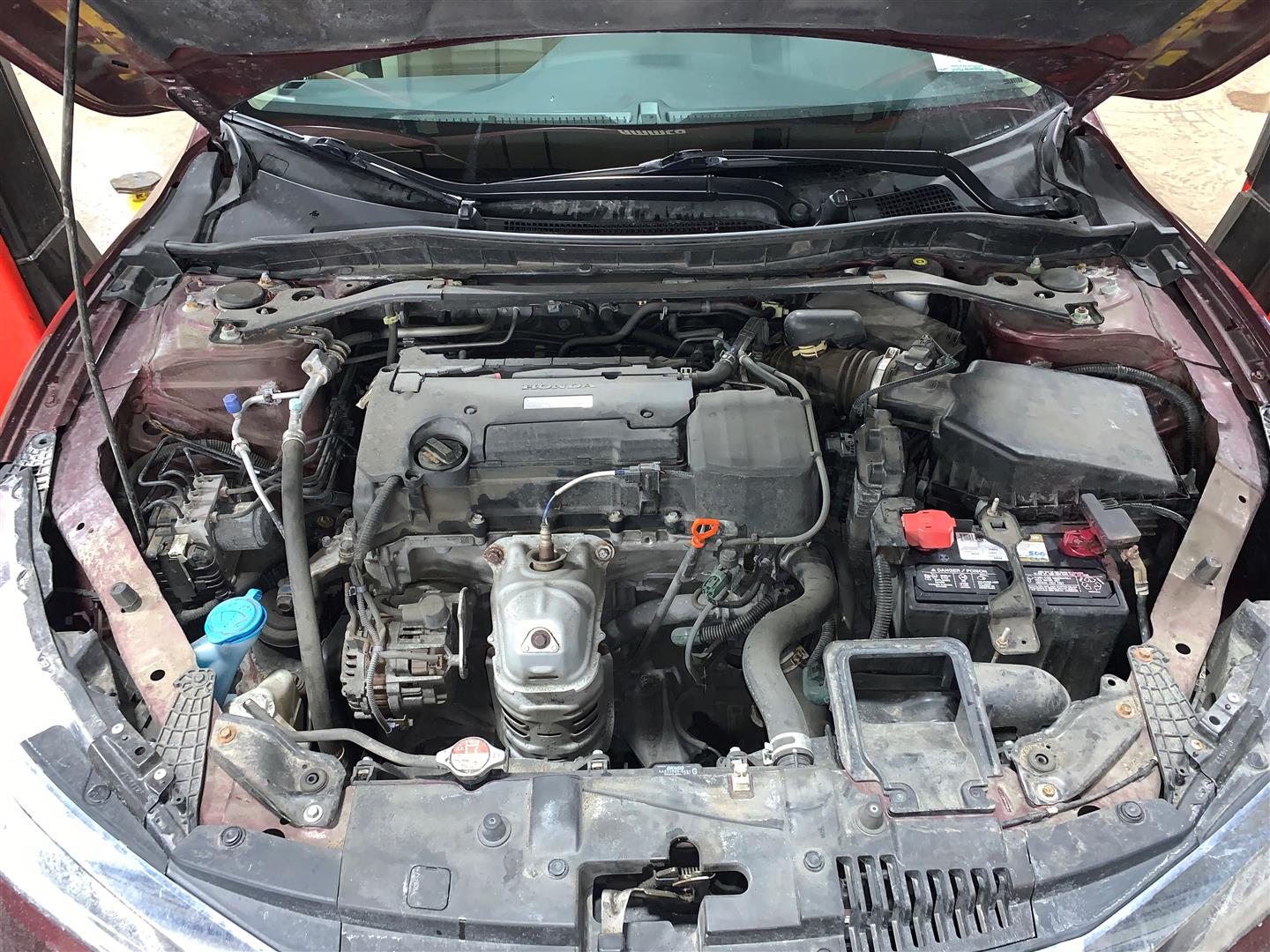Rocking back and forth in an armchair can be both enjoyable and relaxing. However, the experience becomes frustrating when you’re sitting in your car, and it shakes for no apparent reason.
If your car exhibits this issue, it’s time for a detailed inspection and diagnosis to uncover why your car shakes when idle.
Vibration in a vehicle is typically caused by an imbalanced or defective tire, a bent wheel, or a worn driveline U-joint. When this occurs, you may notice the car shaking in an up-and-down motion.
The vibration can be felt through various parts of the vehicle, including the seat, the steering wheel, or even the brake pedal.
What Is Rough Idle?
When you start your car’s engine and leave it running without pressing the gas pedal, accelerating, or putting it into gear, this is called idling.
During idle, the engine should maintain a stable rotational speed, typically around 1000 RPM, and the tachometer should remain steady without erratic jumps.
A properly functioning engine at idle provides sufficient power to support the vehicle’s essential systems, such as power steering, electrical components, and cooling mechanisms.
A smoothly idling engine ensures that the appropriate balance of air and fuel is burned efficiently.
Why Does My Car Shake When Idle?
Have you encountered a rough idle? This happens when your car struggles to maintain a steady speed or exhibits up-and-down movements while stationary.
If your car shakes when idle, it’s a clear signal that something is wrong, and you need to investigate the causes. A smoothly idling engine requires a precise mixture of air and fuel.
If this balance is disrupted, your vehicle may experience rough idle and shaking. Below are some common reasons why this issue occurs and how to address them.
Causes of Car Shakes When Idle
Unlike vibrations during acceleration, tires are rarely the culprits in this situation. Rough idle typically points to engine-related issues, such as damaged components or problems with the fuel system. Here are the most common causes:
1. Spark Plugs
One of the first things to check when your car shakes at idle is the condition of the spark plugs.
Dirty, worn-out, or damaged spark plugs may fail to ignite the fuel in the piston cylinder properly. This causes engine misfiring and leads to vibrations.
Cleaning or replacing faulty spark plugs often resolves the issue. While this repair is relatively inexpensive, it’s essential that the mechanic calibrates the new plugs correctly for optimal performance.

2. Vacuum Hoses
Every vehicle is equipped with several vacuum hoses that connect various engine components. Their function is to transport and expel by-product gases.
If one of these hoses is loose, damaged, leaking, or broken, it can create numerous issues, including making your car shake when idle.
Additional problems caused by faulty vacuum hoses can include engine misfiring, stalling, or even a complete shutdown.
Fortunately, this is typically a minor issue that can be resolved quickly by a car expert. So, if your car is shuddering while idle, there’s no need to panic just get the hoses inspected and repaired.
3. Motor Mount
The motor mount is a critical component that holds the engine securely in place during driving.
A broken or disconnected motor mount can cause the engine to shudder or the car to shake when idle, such as when parked or stopped at a traffic light.
To determine if the motor mount is the issue, shift your gear into neutral mode. If the shuddering subsides, it’s a strong indication that the motor mount needs attention.
Engine mounts are essential components in vehicles and industrial machinery. They are found in a wide range of equipment, including airplanes, cars, trains, boats, trucks, buses, tractors, and any other machine that operates with a motor or engine.
Have you ever wondered what holds your vehicle’s engine in place? The answer lies in engine mounts. These small but crucial parts ensure that any moving machine functions properly and safely.
Consider what happens if you place a fragile item in a box and shake it. The item will likely get damaged, and the box could be harmed as well. However, if the item is secured with rods and cushions to keep it steady, it will remain intact when the box moves. Engine mounts function in much the same way.
Using high-quality rubber mounts offers several benefits:
- They reduce excessive engine vibration and noise
- They protect the engine from sustaining damage
- They help extend the lifespan of the engine and connected sensor components
- They prevent transmission and other vital parts from being damaged
Engine mounts are specifically designed to absorb vibrations and excess energy from the system. Over time, these mounts can wear out and may need to be replaced.
It’s important not to delay the replacement of a worn engine mount, as doing so could lead to damage to your car, truck, or other vehicle.
4. Fuel Intake System
Another common reason for a car shaking when stopped is a dirty or improperly adjusted fuel intake system. Over time, the fuel intake can accumulate sludge and debris, especially after thousands of miles of driving.
This build-up prevents the system from delivering the required amount of clean fuel to the engine, resulting in rough idling and vibrations.
In some cases, even a new fuel intake system can cause issues if it hasn’t been installed or calibrated correctly.
Additionally, similar symptoms may arise from a cracked or worn fuel pump, so be sure to include it in your inspection checklist.
5. Timing Belt
The timing belt, along with other belt types such as V-belts and serpentine belts, can also cause a car to shake when idle.
If these belts are damaged or loose, they can obstruct the rotation of fans and other connected components. This can lead to engine noises and pulsations.
Inspect the belts to ensure they’re in good condition. Replacing or repairing damaged belts should eliminate the vibrations and restore smooth engine operation.
If your car shakes when idle, identifying and addressing the root cause promptly is essential. From faulty spark plugs to issues with the fuel system or timing belts, there are several potential culprits.
By understanding these causes and seeking professional repairs, you can ensure a smoother and more comfortable driving experience.

